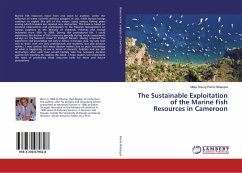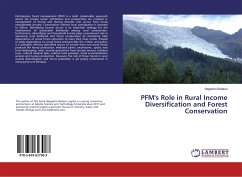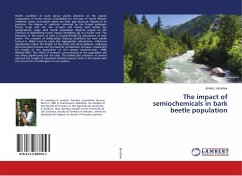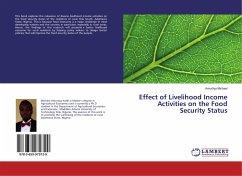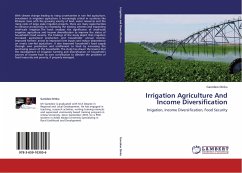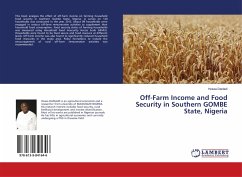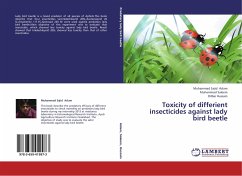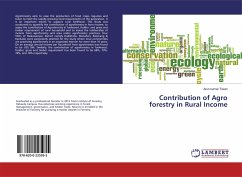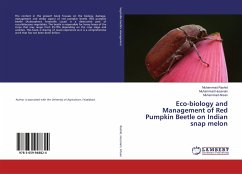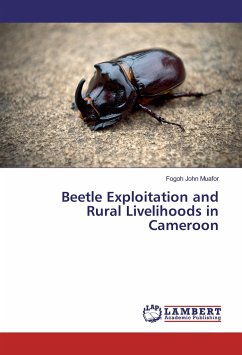
Beetle Exploitation and Rural Livelihoods in Cameroon
Versandkostenfrei!
Versandfertig in 6-10 Tagen
24,99 €
inkl. MwSt.

PAYBACK Punkte
12 °P sammeln!
Forest insects are a traditional food item in Cameroon and continue to play an important role in food security and poverty reduction. While grasshoppers, locusts, caterpillars, palm beetle grubs, and termites are often gathered for food, many other species are exploited for sale to collectors. Despite increasing rural dependence on forest insects for livelihoods, insects are often the forgotten non-timber forest product (NTFPs) by researchers and managers. Most stakeholders in the forestry sector view insects as pests rather than as a useful resource that could be managed to improve rural live...
Forest insects are a traditional food item in Cameroon and continue to play an important role in food security and poverty reduction. While grasshoppers, locusts, caterpillars, palm beetle grubs, and termites are often gathered for food, many other species are exploited for sale to collectors. Despite increasing rural dependence on forest insects for livelihoods, insects are often the forgotten non-timber forest product (NTFPs) by researchers and managers. Most stakeholders in the forestry sector view insects as pests rather than as a useful resource that could be managed to improve rural livelihoods. The exploitation of insects for food or income remains informal and there is no specific legislation to sustain insect exploitation, trade, and conservation. With increasing poverty, poaching, logging, and climate change in the Congo Basin, the potential productivity and sustainability of forest insects as NTFPs needs to be reconsidered. This book looks at the different opportunities that insects offer for rural livelihoods in Cameroon and provide a baseline information that could be exploited to integrate these resources into local economies and forest management schemes.



